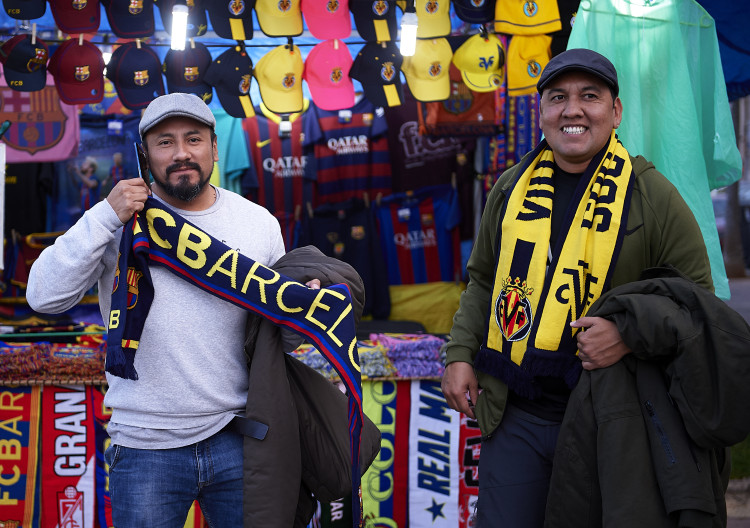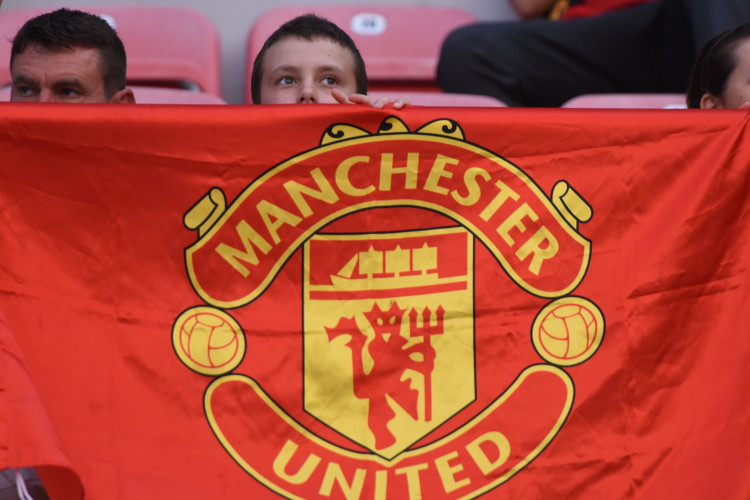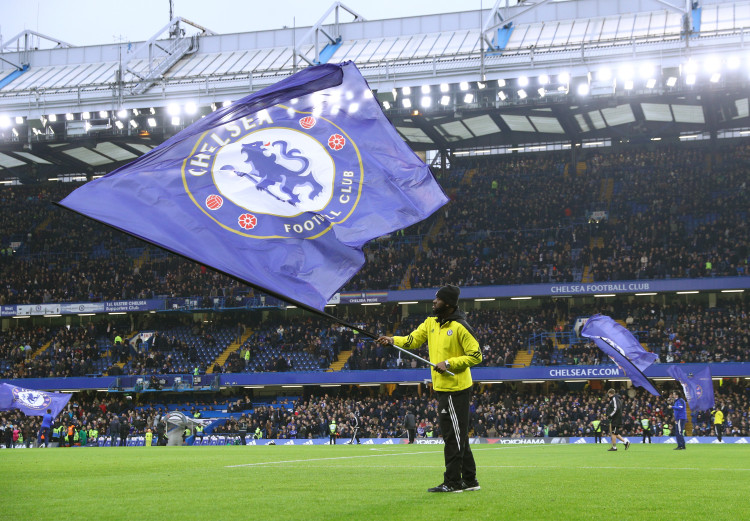
Barcelona, Villarreal and a New Football Fault Line
Key European league games have largely stayed off US soil because regulators and courts blocked earlier attempts, though an exceptional approval for Villarreal vs Barcelona in Miami this December signals a cautious, contested shift rather than a wholesale change.
Any move beyond these one-offs will be shaped by new FIFA rules, persistent fan opposition, and whether the promised money truly outweighs the damage to match-going culture.
Why matches like Villarreal vs Barcelona haven’t happened
For years, proposals to export official league fixtures ran into a hard stop: FIFA’s 2018 stance against out‑of‑territory matches and national federations unwilling to sign off, culminating in courts rejecting La Liga’s push to stage Villarreal vs Atletico Madrid in Miami in 2019.
That legal and governance wall also blocked earlier La Liga ideas such as Girona vs Barcelona abroad, underscoring how many bodies must approve a domestic league game played overseas. The picture shifted only recently as FIFA began reviewing its framework in 2024 and UEFA, citing regulatory gaps, “reluctantly” allowed two one‑off league matches abroad on an exceptional basis.
The Barcelona Villarreal case
UEFA has acknowledged an exceptional approval that includes Villarreal vs Barcelona in Miami this December, while stressing it does not set a precedent for routine relocation of league games.
The fixture sits at the intersection of long‑term La Liga ambitions to globalise and a still‑evolving regulatory landscape that requires alignment between UEFA, FIFA, and the host confederation. It also follows a decade of failed attempts, making the “exceptional” label both accurate and politically important.
Will this become the new normal?
Short answer: not imminently, if UEFA’s tone and the organised fan response are any guide. UEFA calls the approvals “exceptional” and warns that games abroad can disenfranchise loyal, match‑going supporters and distort competition integrity.
Fan groups echo that stance, and with FIFA still refining the global rulebook, and even signals of a possible hard prohibition, the door is open only a crack.
Why Spain and Italy are open
Spain and Italy have already monetised showpiece events overseas, normalising the idea that premium inventory can travel for a premium fee. The Spanish Supercopa’s Saudi deal is worth around €40 million per edition, with elite clubs often pocketing €5-6 million just for turning up, plus prize money.
Serie A’s revamped four‑team Supercoppa in Riyadh delivers roughly €23 million to participating and non‑participating clubs combined, with winners earning about €8 million. The broader US media market is lucrative too; La Liga’s eight‑year US rights with ESPN is valued around $1.4 billion, reinforcing incentives to plant a flag stateside.
It is telling that Como framed the Milan game in Perth as a necessary “sacrifice” to help Serie A compete financially, a message tailored to a widening revenue gap with the Premier League.
Do the finances really matter?
They do, at least in the short term: a single Supercopa week can deliver multi‑million payouts that mid‑tier clubs would struggle to match from a routine home date.
Big overseas media packages amplify that pull, making one‑off games abroad feel like logical extensions of a global growth plan. Add long‑term private‑equity capital, La Liga’s €2 billion CVC “Impulso” deal, to modernise clubs and chase international revenue, and the financial case becomes hard for executives to ignore.
What it means for regular fans
Moving official fixtures shifts the physical and emotional center of gravity away from local supporters, a concern repeatedly flagged around the Spanish Supercopa’s Saudi move and now around league games abroad.
Fan organisations argue these matches risk locking out communities that built the clubs, replacing affordable habit with destination tourism and TV convenience. There is also a player‑welfare dimension, long‑haul travel layered onto congested calendars impairs recovery and raises injury risks, a knock‑on that can degrade the on‑field product those same fans pay to see.
Is Villarreal vs Barcelona the start of Americanisation of football?
There are echoes: exporting marquee inventory, seeking new audiences, and deploying private equity to reshape balance sheets, even as European structures remain promotion‑relegation and home‑and‑away.
Pushback has deep roots in Europe’s fan culture: see the “Game 39” backlash that shelved the Premier League’s overseas round, and current resistance suggests any shift will be contested and incremental. The immediate picture looks less like a wholesale import of US sport and more like selective borrowing under financial pressure, especially in Spain and Italy.
Conclusion
Playing official league games abroad may unlock new money and markets, but it risks rewriting habits and meanings that make European club football feel local, lived‑in, and generational. If one‑off exceptions become a pattern, the home‑and‑away heartbeat that binds clubs to communities could fade into a touring spectacle, and the legacy might feel thinner for it.
The choice now is whether short‑term upside can be balanced against a century of rituals that were never meant to be packed in a suitcase.









